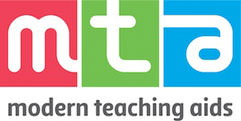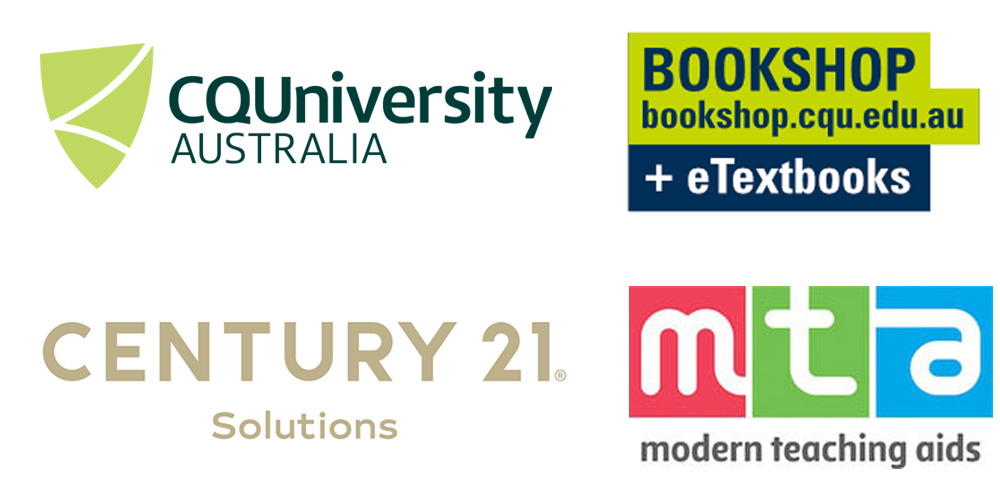The competition caters for all students from different age groups and levels and offers three categories – soccer, dance and rescue.
The soccer competition is based upon a 2430mm x 1820mm playing field pitting two teams of soccer bots against one another. Games are played in 2 x 10-minute halves. Each team consists of two soccer-playing robots and up to four humans. The team that scores the highest number of goals at the end of the game is the winner.
RoboCup Junior Soccer rules and additional information can be found at the RoboCup Junior Australia website.
Note: there will be no separate soccer leagues (Lightweight or Open) – unlike the State and National Competition, CQJRC will run only one soccer league based on the Lightweight rules.
RoboCup Junior OnStage performance challenges teams of students to design, build and program a robot or robots to perform to music. This performance can be in the form of a dance in time with the beat of the music or a theatrical presentation that complements the music. Teams are scored on their performance and their technical interview (including logbook).
RoboCup Junior OnStage rules and additional information can be found on the RoboCup Junior Australia website.
A terrible earthquake has hit the city and caused a large chemical storage unit to rupture spilling thousands of litres of toxic chemicals in the centre of the city. There is a person trapped in a sinking rescue capsule (the victim) in the chemical spill. Rescue crews are having trouble entering the city with the amount of rubble around, and rescue from the air has also been ruled out due to the noxious gases rising from the toxic chemicals directly above the spill. It has been decided that the best form of rescue is the deployment of an autonomous robot that can navigate to the scene, rescue the victim and exit the chemical spill.
The Rescue (LINE) challenge includes the option of three categories:
RoboCup Rescue rules and additional information can be found on the RoboCup Junior Australia website.
Special thanks to RoboCup Junior Australia for providing the rules and category information.
The CQJRC has a number of different divisions that cater for various age groups:
Open to all students studying at a recognised secondary or primary study provider.
Restricted to students who are currently enrolled and studying at an approved primary education provider.
Restricted to students enrolled and studying at a recognised primary or secondary education provider.
Open to students studying at a recognised primary education provider. Note: Team members can compete a number of times whilst they are enrolled at a recognised primary education provider.
Open to all students studying at a recognised secondary education provider. Note: Team members are only eligible to compete for a total of two (2) years in this division after which they must participate in the RoboCup Junior Australia Open Rescue Line division.
Open to all students studying at a recognised secondary or primary education provider.
Prizes are available to those placing 1st, 2nd and 3rd in each category.




The following facilities are available at the competition event:
Please note:
The CQ Junior Robotics Competition is a community-based educational initiative that shows school aged students just how much fun science, engineering and technology can be!
CQUniversity has hosted this annual event since its inception in 2002. It is a great opportunity to engage with the community and inspire students.
Educational robotics is a relatively new and rich subject incorporating science and technology. It has a multidisciplinary focus across technologies such as computing, mathematics, software programming, electrical and mechanical engineering, artificial intelligence, communication, sensor technology, educational technology, image processing and game theory.
This is an exciting and engaging competition consisting of different categories such as rescue, soccer and dance. Competing participants are quickly brought into the realities of working with complex and ever-changing real-life environments. They learn to adapt and modify their robotic creations to conform to these dynamic surroundings. In this way, students in the process of constructing and programming robots will impress upon themselves how interesting and exciting science and technology can be.
Schools and individuals travel to Rockhampton each year from throughout the Central Queensland region. The competition requires teamwork and knowledge across many different discipline areas and encourages interaction amongst peers.
Academic staff and enthusiasts provide a safe environment and mentoring role to participants. Many participants have progressed and experienced success at the State and National Championship level competitions.
As a mentor, you are responsible for:
To register participating individuals and teams from your school, you'll need to complete a simple online registration process. To start, you'll need to login using an existing account or create a new account using your email and password.
Looking for your historic Junior Robotics win details? Check out Past Winners of Junior Robotics.
Dates to be announced.
Dates to be announced.
Presentations developed by North Rockhampton State High School:
The concept of robots playing soccer, called RoboCup, was the brainchild of a world-renowned robotic engineer, Dr Hiroaki Kitano. He proposed "By the year 2050, humanoid robots will compete against the World Cup-winning team and beat them". Dr Kitano created an international intellectual cooperative where leading universities meet annually at different venues around the world using soccer-playing robots to compete.
As a result, a subdivision of the competition, the RoboCup Junior Competition, was specifically created for primary and secondary school students. The first Australian National RoboCup Junior Competition was held in 2000. RoboCup Junior competitions are now being conducted around the world.
More information on the state, national and international competitions are available at:
CQUniversity Australia is a trading name of Central Queensland University
ABN: 39 181 103 288
RTO Code: 40939
CRICOS: 00219C
TEQSA: PRV12073